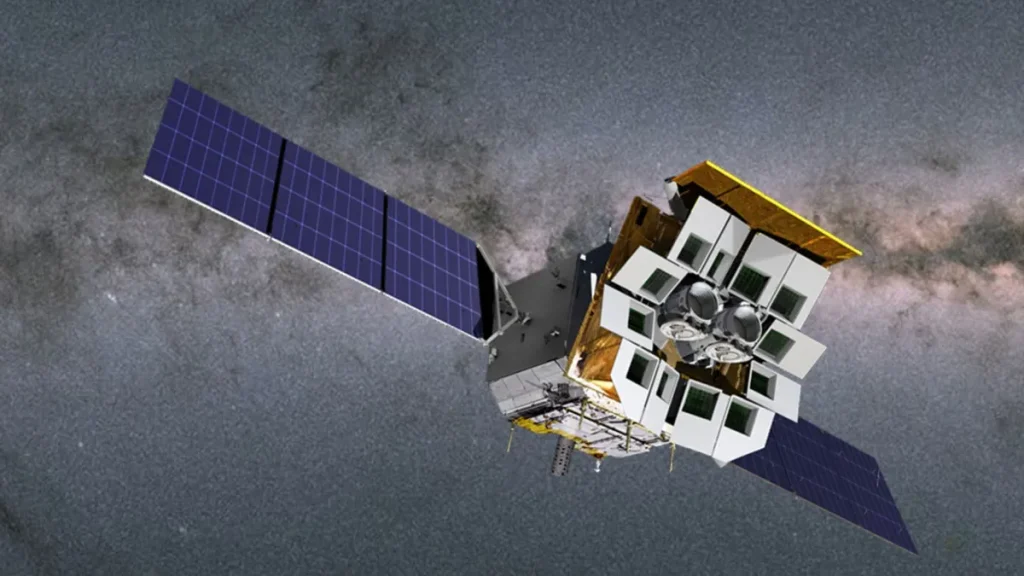The Chinese Academy of Sciences (CAS) is gearing up for the launch of its spacecraft, the Einstein Probe, in January 2024. Drawing inspiration from the unique structure of a lobster eye, the probe incorporates a new generation of X-ray technology, featuring the Wide-field X-ray Telescope (WXT) and the Follow-up X-ray Telescope (FXT).
The lobster eye, known for allowing light to enter from all directions and providing a wide field of view, serves as the design inspiration for the WXT, which employs micro-pore optics. This design enables the telescope to observe nearly one-tenth of the entire sky at once, covering 3,600 square degrees.
Equipped with this innovative technology, the Einstein Probe will survey the sky, focusing on detecting powerful bursts of X-ray light emitted by enigmatic celestial objects like neutron stars and black holes. With the ability to monitor large sections of the sky in just three orbits around Earth, each lasting approximately 96 minutes, the Einstein Probe promises to be a significant advancement in space observation.
The collaborative effort behind the Einstein Probe involves CAS, the European Space Agency (ESA), and the Max Planck Institute for Extraterrestrial Physics (MPE) in Germany. This international collaboration aims to explore the mysteries of the universe through the capabilities of the Einstein Probe.
Erik Kuulkers, ESA’s Einstein Probe Project Scientist, highlighted the probe’s innovative design, emphasising its capacity to monitor extensive portions of the sky simultaneously. This approach allows for the discovery of new celestial sources while studying the behaviour of X-ray light from known objects over extended periods.
Studying high-energy processes in the cosmos, such as those targeted by the Einstein Probe, is crucial for advancing our understanding of fundamental physics. The mission is expected to play a key role in observing fresh X-ray sources and contributing to the comprehension of gravitational wave origins.
Described as a cosmic detective, the Einstein Probe will play a pivotal role in unravelling the mysteries of space, complementing in-depth studies conducted by other missions.

